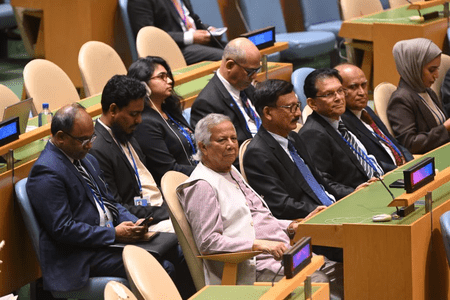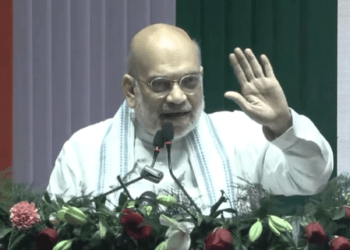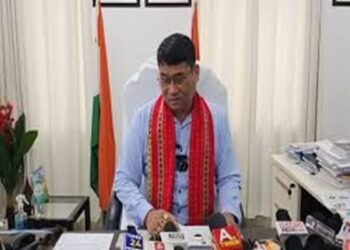Dhaka, October 21:
Bangladesh’s declining passport credibility mirrors a broader erosion of civic and institutional integrity, marked by corruption, deceit, and short-term opportunism that have become embedded within society and extended beyond national borders, according to a report published on Tuesday.
The Henley Passport Index 2025, released in October, ranked Bangladesh at the 100th position — its lowest in years — placing it alongside North Korea, a country long associated with international isolation.
Citing examples, the Dhaka Tribune reported that across Asia, Europe, and the Middle East, incidents involving visa overstays, illegal migration, and forged documents by Bangladeshi nationals have become increasingly common. Vietnam suspended visa issuance for Bangladeshis in early 2025 after a surge in overstays and unlawful employment. Similarly, Singapore, Malaysia, and Thailand have tightened entry rules, while the United Arab Emirates quietly halted most visa categories for Bangladeshi citizens last year.
The report observed that the crisis is not merely procedural but psychological — as every Bangladeshi passport holder now faces heightened suspicion at global immigration counters. However, it argued that the issue cannot be blamed solely on individual misconduct, describing it instead as a structural problem rooted in weak governance, poor diplomacy, and limited economic opportunity.
With unemployment remaining chronically high and job creation stagnant, many young Bangladeshis seek better prospects abroad. As legal migration routes become narrower or costlier, irregular migration emerges as a desperate alternative — further damaging the passport’s global credibility.
The report concluded that restoring international trust requires more than cosmetic changes or diplomatic rhetoric. “Foreign governments do not just evaluate paperwork; they assess a nation’s behaviour. Fraudulent migration, fake documents, and false promises have turned Bangladesh’s passport into a symbol of global uncertainty,” it said, calling for transparency and consistent governance to rebuild confidence.


















